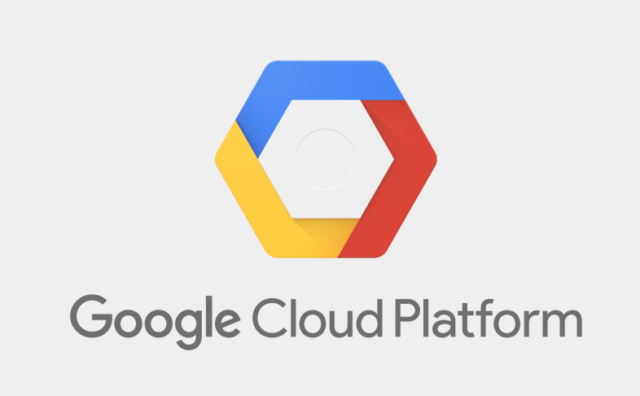Google Cloud Platform (Part 1)

Google has turned a database service that it uses to run some of its mission-critical products into an offering for its public cloud customers.
On Tuesday, 14 February 2017, the company launched Cloud Spanner, a new, fully managed database that’s supposed to provide the transactional consistency of a traditional database plus the scalability and performance of a NoSQL database.
Cloud Spanner, a globally distributed relational database service that lets customers have their cake and eat it too: ACID transactions and SQL semantics, without giving up horizontal scaling and high availability.
When building cloud applications, database administrators and developers have been forced to choose between traditional databases that guarantee transactional consistency, or NoSQL databases that offer simple, horizontal scaling and data distribution. Cloud Spanner breaks that dichotomy, offering both of these critical capabilities in a single, fully managed service.
“Cloud Spanner presents tremendous value for our customers who are retailers, manufacturers and wholesale distributors around the world. With its ease of provisioning and scalability, it will accelerate our ability to bring cloud-based omni-channel supply chain solutions to our users around the world,” — John Sarvari, Group Vice President of Technology, JDA
JDA, a retail and supply chain software leader, has used Google Cloud Platform (GCP) as the basis of its new application development and delivery since 2015 and was an early user of Cloud Spanner. The company saw its potential to handle the explosion of data coming from new information sources such as IoT, while providing the consistency and high availability needed when using this data.
Cloud Spanner rounds out our portfolio of database services on GCP, alongside Cloud SQL, Cloud Datastore and Cloud Bigtable.
As a managed service, Cloud Spanner provides key benefits to DBAs:
- Focus on your application logic instead of spending valuable time managing hardware and software
- Scale out your RDBMS solutions without complex sharding or clustering
- Gain horizontal scaling without migration from relational to NoSQL databases
- Maintain high availability and protect against disaster without needing to engineer a complex replication and failover infrastructure
- Gain integrated security with data-layer encryption, identity and access management and audit logging
With Cloud Spanner, your database scales up and down as needed, and you’ll only pay for what you use. It features a simple pricing model that charges for compute node-hours, actual storage consumption (no pre-provisioning) and external network access.
Cloud Spanner keeps application development simple by supporting standard tools and languages in a familiar relational database environment. It’s ideal for operational workloads supported by traditional relational databases, including inventory management, financial transactions and control systems, that are outgrowing those systems. It supports distributed transactions, schemas and DDL statements, SQL queries and JDBC drivers and offers client libraries for the most popular languages, including Java, Go, Python and Node.js.


